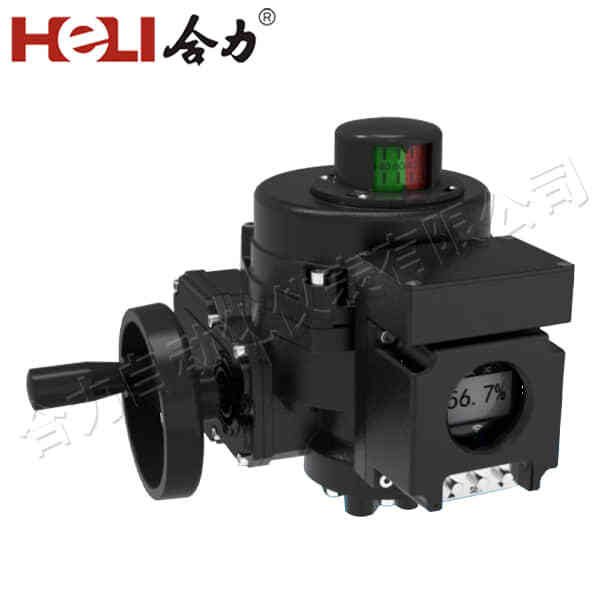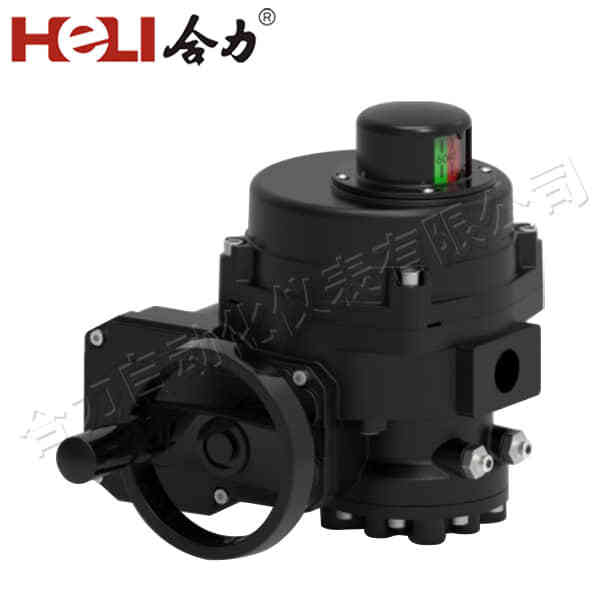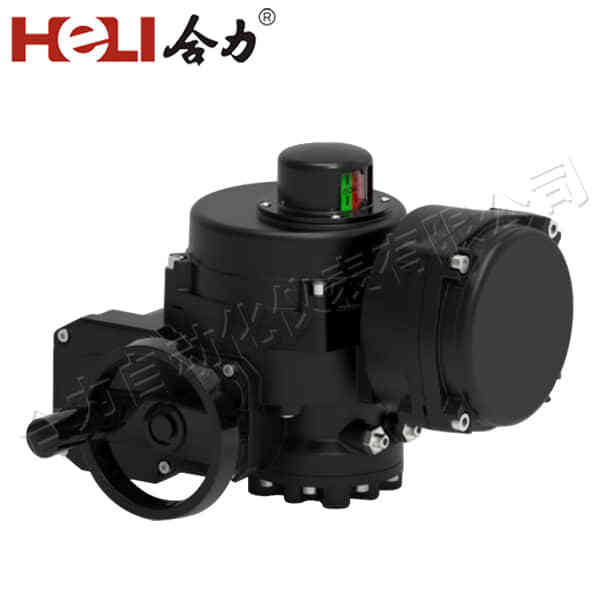In today’s fast-paced industrial landscape, efficiency and precision are paramount. Among the essential components driving this progress are electric actuators. These devices have revolutionized the automation sector, providing a reliable means of converting electrical energy into mechanical motion. This article will explore the fundamentals of electric actuators, their types, working principles, applications, and considerations when selecting them for various tasks.

What is an Electric Actuator?

An electric actuator is a mechanical device that converts electrical energy into physical motion. It is used to control various mechanisms and systems in both industrial and consumer applications. By using electric power, these actuators offer several advantages over their pneumatic or hydraulic counterparts, including reduced maintenance costs, precise control, and the absence of complex fluid systems. Types of Electric Actuators Electric actuators come in several varieties, each suited for specific applications: DC Electric Actuators: These actuators operate on direct current (DC) power and are often used in battery-operated equipment. They are compact, lightweight, and provide a good balance of torque and speed for small to medium-sized applications.
